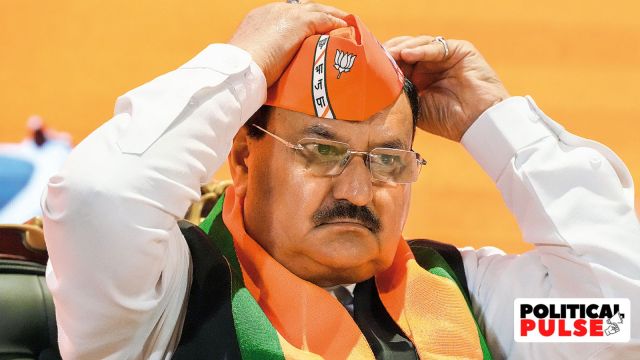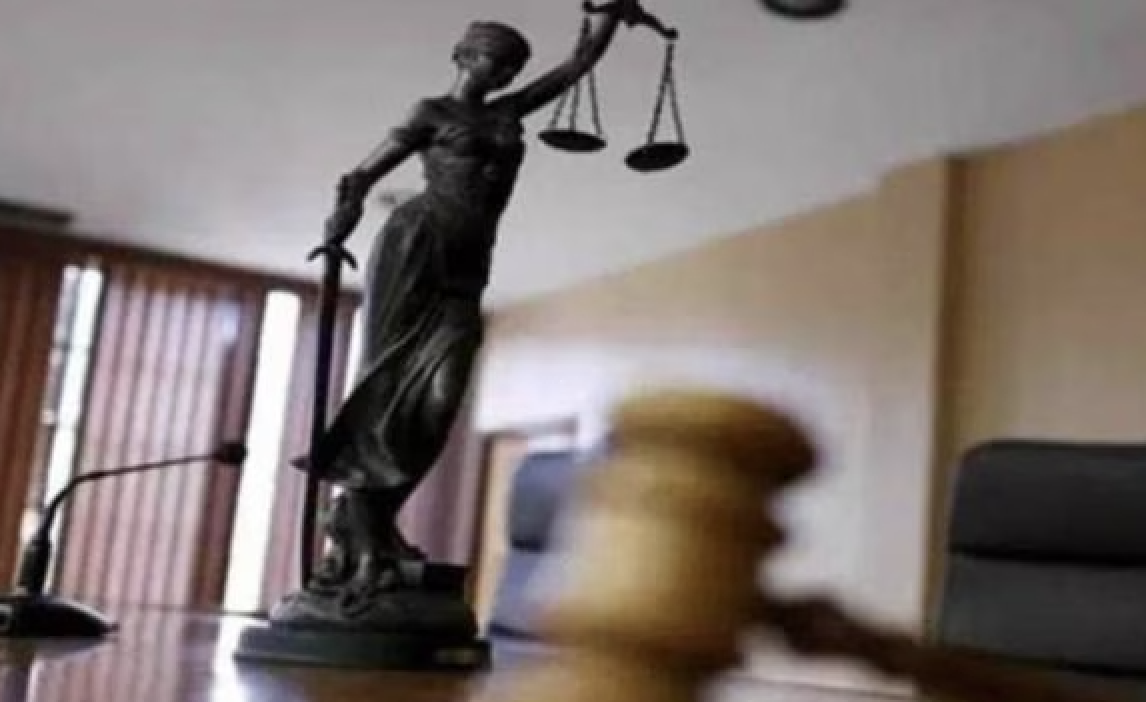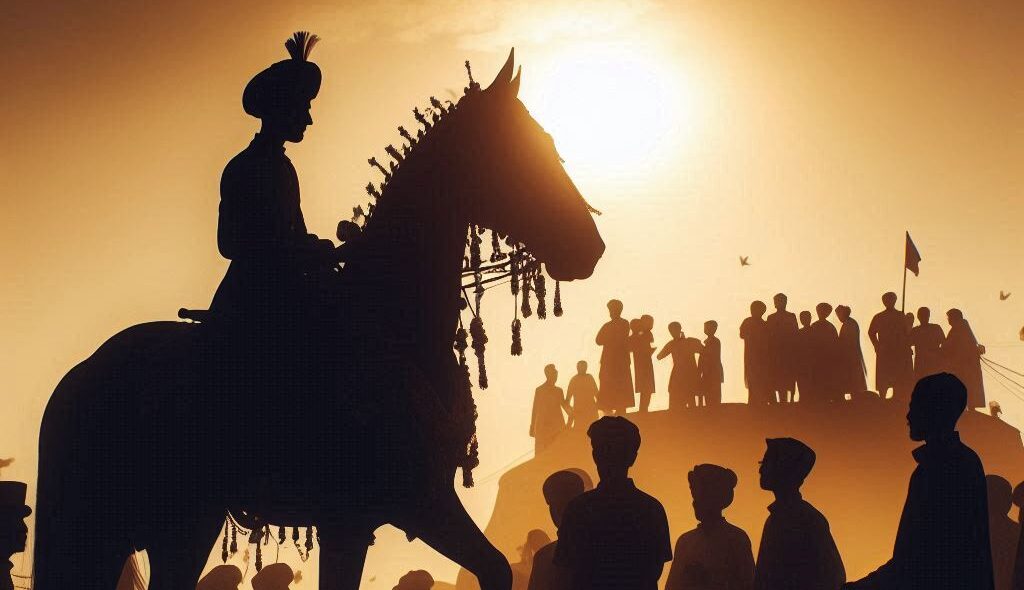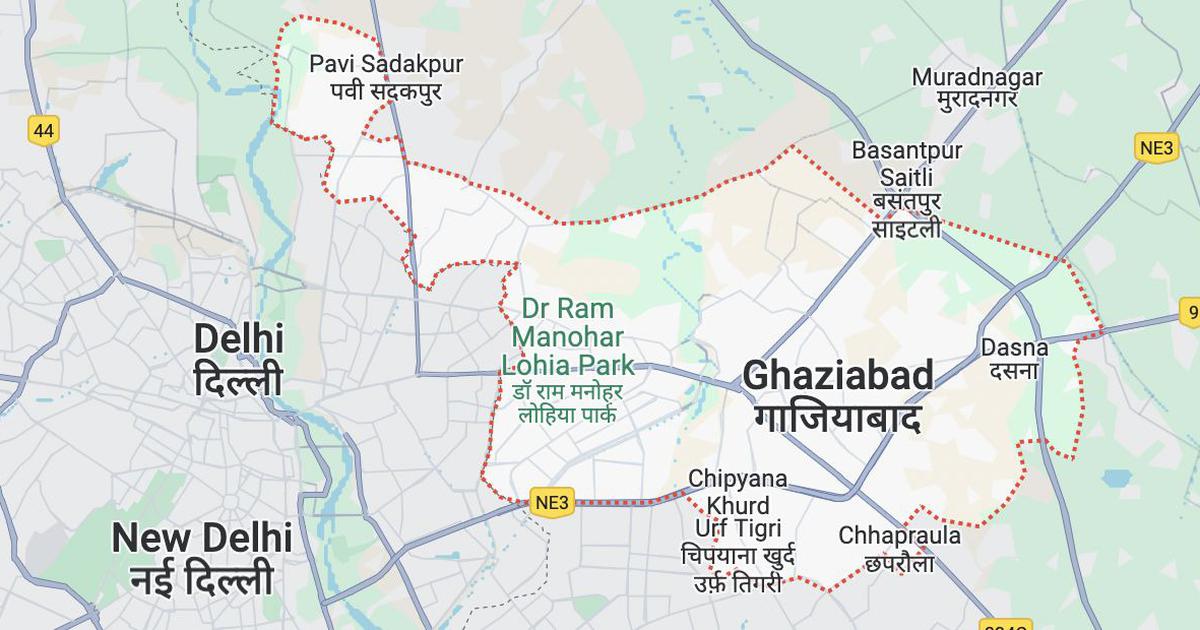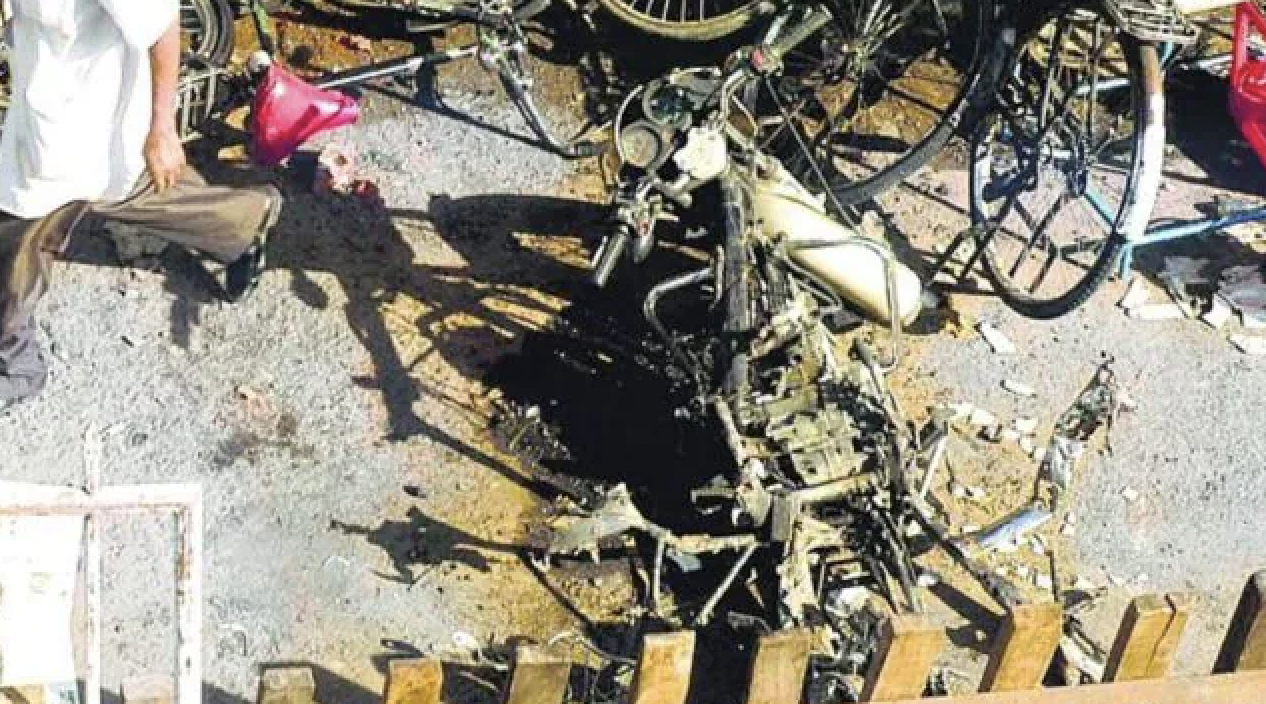
On 14 September 2016, immigration authorities from the Indira Gandhi International airport disallowed Khurram Parvez, a 39-year-old Kashmiri human-rights activist, from boarding a flight to Geneva. Parvez was going there to attend the thirty-third session of the United Nations Human Rights Council session, which was underway at the time.
At around 12.30 am, on 16 September, the Jammu and Kashmir police arrested Parvez from his house in Sonwar, in Srinagar and took him to a sub-jail in Kupwara. Four days later, the principal district and sessions judge of Srinagar set aside his order of detention and ordered his release. As soon as he was released, Parvez was arrested, once again, at the gates of Kupwara sub-jail and detained at the Kupwara police station. On 21 September, police officers transferred him to Kothibag sub-jail where jail officials orally informed him of his detention under the Jammu and Kashmir Public Safety Act, 1978—a law, applicable only in Jammu and Kashmir, which allows an individual to be taken into preventive custody for two years without any charges or a trial. Later that evening, Parvez was transferred to Kot Bhalwal Jail in Jammu.
On 25 November, 76 days after Parvez was first arrested, the Jammu and Kashmir High Court quashed his detention as “illegal.” It also noted that the district magistrate of Srinagar, Farooq Lone, had acted “arbitrarily” and the “detaining authority has abused its powers.” Five days later, Parvez was released.
On 2 December, Moazum Mohammad, a Srinagar-based journalist, met Parvez at his residence. Parvez spoke of his experience in jail, the Public Safety Act, and the need for individual justice and recognition of political rights of the Kashmiri people as the only path towards peace in the region.
Moazum Mohammad: How do you feel about returning home after two-and-a-half months in jail?
Khurram Parvez: I feel happy to be back with my family and back again, involved in my struggle. This two-and-a-half month jail term gave me first-hand understanding about the plight of prisoners: what draconian laws like Public Safety Act do to a society, how the governance deficit is ensuring multiple suffering of prisoners and how the prison staff also suffers. Jail staff are also like prisoners. I met above 200 detainees in jail and found that they were persecuted and kept in illegal detentions in police stations. Police doctored their records of arrest. Once, the chief minister said that parents should counsel their wards—in jail, I saw four cases of a father and son being arrested. After coming out of jail, it is my responsibility to talk about their rights and fight for their release.
MM: How difficult was it for you to stay in jail, given that you are physically challenged?
KP: It was very difficult. I had to drink less water, eat little food, so that I did not repeatedly have to go to a washroom. It did affect my blood pressure but that was a choice I had [to make]. I carried only one suitcase, not three as the government replied to the court [During the hearing before the Jammu and Kashmir High Court, the Jammu and Kashmir government through additional advocate general Mohammad Iqbal Dar had reportedly opposed the petition for release and claimed that Parvez had carried three suitcases with “foreign clothing” with him to jail].
MM: What do you think prompted the government to arrest you?
KP: I still don’t know the exact reason for my arrest.
MM: The police filed a dossier before the district magistrate Farooq Lone, seeking a warrant against you under the Public Safety Act. The Jammu and Kashmir police has claimed that you were an “anti-social element known for his anti-national activities” and alleged that you “achieved top position in separatists camps” by masquerading as a human rights activist.
KP: They [the government] are refuting their own argument. They are contradicting themselves. They allege I am instigating the Hurriyat [The All Parties Hurriyat Conference, commonly known as the Hurriyat: a coalition of social and religious groups, formed in 1993, that stood for Kashmiris’ right to self-determination.] and that the Hurriyat is instigating protesters. But they also claim that it is a leaderless and spontaneous movement. I want to know, what is the truth? If this is happening on its own, or if militants are doing it, then the role of Hurriyat is nowhere. If the Hurriyat is nowhere, then where is my role? Either the government is quite confused or the intelligence agency of the Jammu and Kashmir government is not that intelligent.
MM: The government detained you under the widely criticised Public Safety Act. Will you launch a campaign for the repeal of this law?
KP: My detention under the PSA further proves why we [Parvez is the programme coordinator of Jammu Kashmir Coalition of Civil Society (JKCCS)—an amalgam, based in Srinagar, of non-funded and non-profit organizations that seeks to create a space for independent rights-based dialogue.] have been criticising the government. This impunity and slapping of draconian laws such as PSA authenticates our work. It shows the widespread nature of how these laws have been used. I won’t call it abuse because these laws are already abusive laws. These laws are indiscriminately used against people. Probably, one of the reasons why people are being booked under the PSA, including me, is that they want to scare others. Otherwise I am not sure, why would they detain me.
The youth and other people accused us [JKCCS] of giving credibility to courts [by contesting cases under Indian laws]. We have no other choice but to approach the courts. The government ensures we do not trust courts, in order to undermine the judicial process.
My organisation [JKCCS] is already working on the release of prisoners [detained under the Public Safety Act]. We will be focused on the problems faced by people due to state repression in the last five months. We have documented it and are preparing to release a report. Now, we have more details about PSA detainees and will work for their release.
MM: Across the globe, human-rights activists and journalists are being arrested for dissent. Do you see your arrest as a part of a similar pattern?
KP: I am not the first activist in Kashmir who was arrested. I am not the first one against whom the Government of India has acted. Many people across India, including Jammu and Kashmir, have been arrested and killed. Jaleel Andrabi [a prominent Kashmiri human-rights lawyer and political activist] and Dr Abdul Ahad Guru [a renowned doctor at the Sher-i-Kashmir Institute of Medical Sciences in Kashmir] were killed. It is the same old policy of scaring people, activists or anyone, who dares to speak truth. This is what also authenticates and further helps us in exposing how states are becoming intolerant towards an opinion [that is contrary to their own]. People like me will not change our opinion because we are jailed.
MM: How is the JKCCS working on preventing human-rights abuses in the region? What is the biggest threat to people fighting for human rights in Kashmir?
KP: We are neither partisan people, nor part of any political party. We speak truth and truth is unpalatable for [all] sides involved in a conflict zone. But it does not mean civil society activists like us do not hold an opinion. We do have a political position as well. But because we are committed to truth, what happens is that the state, and sometimes the other side,[the militants] feel threatened by our work.
We condemned the killing of some people by militants or any other group. We were declared as anti-movement. Militants accuse us of being anti-movement when we accuse them of committing any wrong. Sometimes the pro-freedom side also questions us. Similarly, the government calls us anti-national or anti-government. This happens to activists committed to truth. It is impossible for an activist who works for truth and justice to satisfy every side.
I cannot escape the consequences of speaking truth against power, truth against militants and sometimes truth against the Hurriyat. The government and opposition groups, including militant groups, will have to learn to tolerate truth. I don’t think it is going to happen overnight that the government will respect truth. I also don’t see that militants will stop killing political activists such as the NC [National Conference] or PDP [Peoples Democratic Party] workers for holding a political opinion. Why should they be killed for an opinion? We have been speaking against this. People dub us as mukbir [a paid informer]. Both sides will have to change and people like us may not achieve immediate results.
MM: How difficult is it to maintain neutrality as a human-rights’ activist in a state such as Jammu and Kashmir?
KP: I am not neutral as I am a part of society. People who are getting killed are directly or indirectly related to me. I will be affected when children like Insha Mushtaq [a 14-year-old girl blinded by pellets in Kashmir] are injured, when young boys are killed and when woman are shot dead. I have emotions as I belong to this place. I will still speak the truth even if that is not liked by the government or by resistance groups. I want to be truthful and all activists prioritise their work by being truthful. Being neutral does not allow you to speak the truth every time. Being neutral, you have to balance.
MM: Would the recent offensive against you affect your work?
KP: I have committed myself to permanent peace and justice in Jammu and Kashmir. Has the situation changed? No, it has not. My arrest or release did not change the realities. I think it has strengthened my resolve to further focus on my role for achieving justice and peace.
MM: The government has stated that it wants peace in the region. What is your understanding of peace and justice?
KP: The government wants control, not peace. We think it is not about control. It is giving individual and collective justice to the people of Jammu and Kashmir. Collective justice is that people [should] have political rights and that is a right to self-determination. The aspirations of the people of Kashmir have to be respected. The biggest outcome of the last five months is that Kashmiri people refuse to be under the forced control of the Government of India. They [Kashmiri people] have clearly exemplified that and they want change. That change cannot be [achieved] without justice, and only justice will ensure peace.
MM: Were you able to keep up with the news about the happenings in the valley while you were in jail?
KP: Somehow, in jail, people are more aware about happenings outside. We were getting newspapers and were focused about situation. At home, you are busy with different things. Jail helps in maintaining focus. I was reading books and every article in newspapers.
MM: During the 2008 and 2010 uprising, you worked as a human-rights activist in Kashmir, but you were not arrested. Do you associate your arrest with the domination of right-wing politics?
KP: If we look into that narrative, that only demolishes the general narrative of Kashmir. It is the Indian state that is violating the rights of the people of Jammu and Kashmir. Congress was no better. Repression is same what was seen in 2008 and 2010.
This story first appeared on caravanmagazine.in


